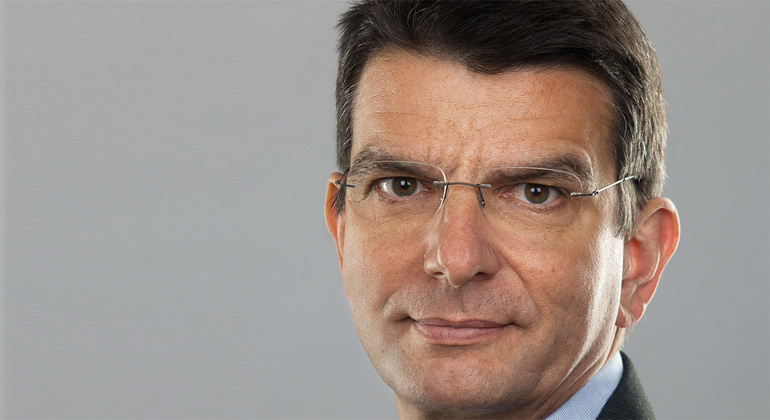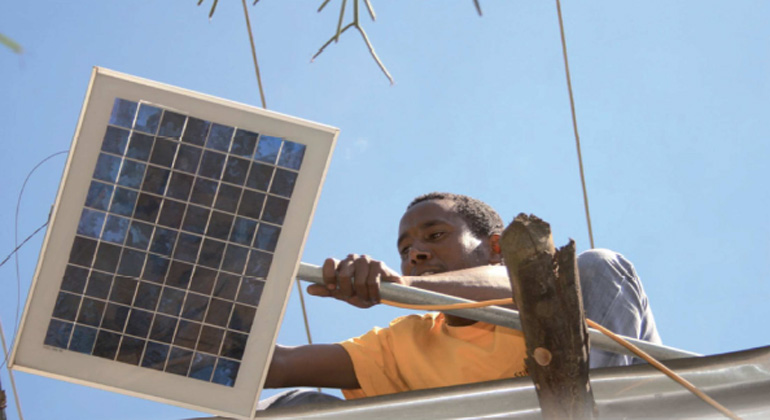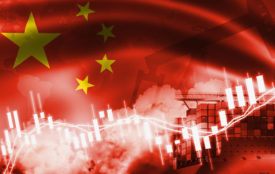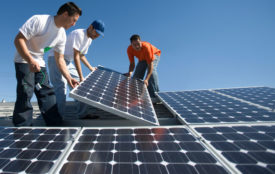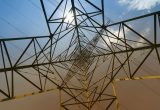Relief needs of African solar companies – Survey results from East Africa
A large part of the off-grid industry in Africa and Asia consists of small and medium enterprises (SMEs). These SMEs form the backbone of the off-grid industry. But they have different demands, needs and challenges than the internationally established companies in the industry.
What is true in European countries is also true in Africa: rescue and support measures for larger companies in Europe are often not suitable for helping small companies through the crisis. Or to be more specific: M-KOPA and Greenlight Planet have access to a wider and robust financial rescue instruments comparted to a typical locally active solar craftsman with four employees.
The difference is obvious in the case of loans often offered by Relief Funds: these are hardly helpful for small companies, as they run the risk of not being able to repay the loan due to their low profitability. As a result, the current crisis would simply be postponed until later or extended indefinitely. Morever, eligibility criteria for such funds tend to disqualify the participation of typical SMEs, yet they remain the most vulnerable and needy, before, during and post-crisis events such as Covid-19. Therefore, in addition to loans, further support measures specially tailored to SMEs are being set up in many economic sectors worldwide – but not (yet) in the off-grid-industry.
In order to develop an relief instrument tailored to the needs of African SMEs in the off-grid sector, it is first necessary to precisely identify the needs. Sun-Connect has therefore conducted a survey of East African solar companies, in which dozens of companies from five countries participated. Below is summary of distribution of responses by country:

© sun-connect-news.org
The results of our survey provide clear indications of what support might look like. Here are the three most important findings:
1. The greatest assets in each company are the people
An overwhelming majority (99.4%) of the companies stated that financial support to finance employee salaries (40% subsidy over 6 months) would be of great help to them.
Such support would be inspired by the payment of short-time allowances, which are widespread in Europe – with great economic success. This means a temporary subsidy of the salaries in order to avoid having to lay off employees and send them into unemployment. But also in order not to lose the most important asset of the company and to be able to restart immediately after the COVID-19 crisis.
What is the likely amoung of funds are we are talking about here? A 40% coverage of the salaries over a period of six months would in most cases result in a subsidy of between USD 1,000 and USD 5,000 (depending on the size of the company). This is actually a manageable amount to maintain jobs and the SME’s ability to sustain operatiions during the Covid-19 crisis.
2. Important for maintaining business activity: customers and orders
The second most important support, according to the survey responses, is to enable business activity, with two options named equally strong, each with 42.3%:
- Provision of subsidised products to make it easier for end customers to decide to buy a solar system by reduced prices. Here, international manufacturers in particular are called upon to consider a price reduction, which is ultimately also useful for their own sales numbers in this time of crisis.
But what is really today? Many manufacturers are increasing their prices amid COVID-19! - Awarding contracts to local SMEs, for example from international NGOs to implement projects. This possibility of business support is often neglected. But in this way two goals can be achieved at the same time:The NGO implements an aid project (e.g. solar energy in schools or health stations) and at the same time enables a local SME to generate sales and secure jobs.
3. Financing
In third place is direct financial support, for example through a soft loan of USD 20k over two years. It is also impressive that one third of the companies stated that they would like to receive support in the form of improved conditions for existing loans (e.g. restructuring or deferral of payment).
This figure is a clear indication that SMEs are unlikely to benefit from traditional Relief Fund resources due to their existing credit burden. This is because criteria for Relief Funds usually explicitly exclude SMEs that might be struggling with the so-called “pre-existing“ financial conditions e.g. operational cash flow deficits, and other existing credit burdens.
In this survey, other support services such as remote technical assistance or the reduction of PAYG operating costs (7.7% each) were seen as significantly less relevant.
The Sun-Connect survey is open until the end of April, and new responses are still coming in daily. However, the key messages mentioned here are unlikely to change.
What do we learn from this for a Relief Fund for SMEs?
Local SME need a customized solution that consists of several components. Repayable grants and grants are in the foreground, while soft loans (e.g. to reduce existing loan burdens with costly conditions) can only be considered after that.
This structure of a Relief Fund for SMEs also shows that investment companies and banks are hardly the right organizers. What is needed are skills that go beyond the competence of a pure investment manager.
We need a Relief Fund for SMEs that takes into account the results described here and thus represents the urgently needed addition to the Relief Fund unilaterally led by investor interests, which was published by GOGLA these days. Since GOGLA claims to be the voice of the entire off-grid industry, the association can hardly avoid this obligation.
However, international organisations such as Lighting Global or SE4All are also called upon. Especially in times of crisis, the three organisations mentioned above are obliged to prove that their claim from the time before COVID-19 is still valid and that they also strive for those SMEs in the industry that form the bottom of our industry.
